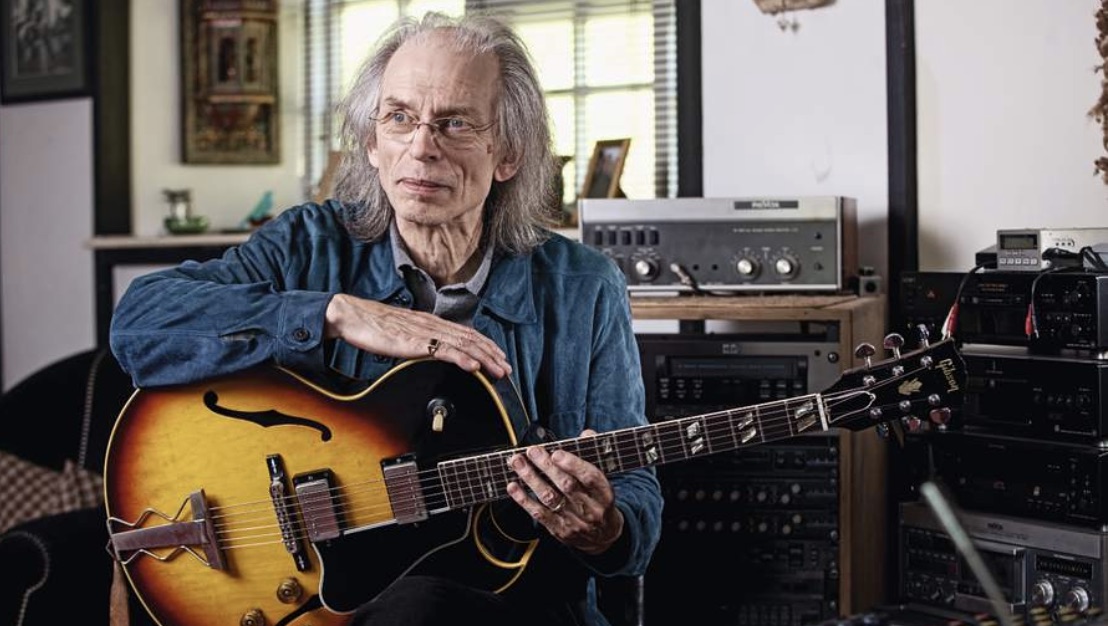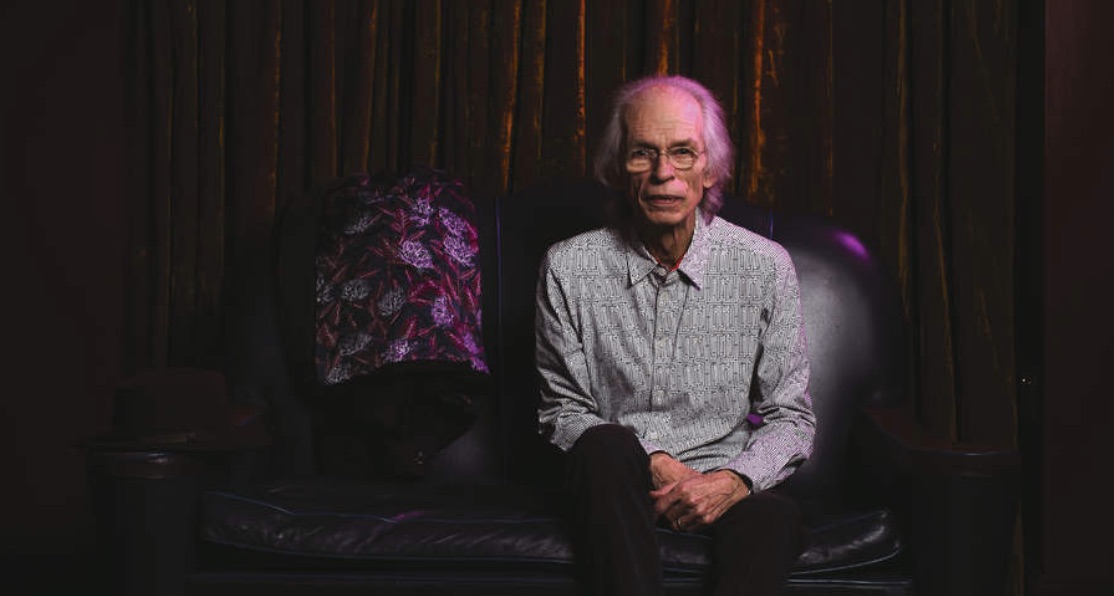Steve Howe: Why I Ditched My Pedals for the Line 6 Helix
The Yes guitarist says that his days lugging a big, complex pedalboard around on tour are long over.

Yes guitarist Steve Howe recently sat down for a chat with Guitar World.
The wide-ranging conversation touched on topics ranging from his first band, to his time with Yes, to his massive, mouth-watering vintage guitar collection. However, it was Howe's comments about pedals, and his love of Line 6's Helix multi-effects unit, that were the most eyebrow-raising.
“I’ve got some great, great guitars, but what I don’t use now are endless arrays of pedals," Howe said. "I mean, I did the pedalboard thing pretty early on. A lot of people sussed that if you stuck them on a ’board, you didn’t have to set it up every day, they wouldn’t break or fall apart so easily, and you wouldn’t stumble over them.
"I had pedalboards like that for years and years, but now I don’t. It’s just passé to me. These days, my gear is incredibly streamlined. I like to press one button and radically change my sound. I just press a button and it all happens at once. That is heaven, you know.
"Performing is all about preparation. It took me a while to get into programming, but the [Line 6] Helix can do everything I can possibly want and, therefore, that’s all I want to use."

Howe also made a point to mention that, in his view, gear is far from the most important aspect of a guitarist's sound in the studio.
“I’ve had so many [pedals] over the years: Big Muffs, Boomerang pedals, different sorts of wah-wahs and stuff from Maestro.
All the latest guitar news, interviews, lessons, reviews, deals and more, direct to your inbox!
"Most of the stuff I’ve forgotten about, but I have it somewhere, or remnants of it. But the thing people often miss is - and this is important - is that it’s not just about your guitarist, their guitar, the pedals, the amp, the microphone... It’s also about the recording engineer who knows how to record a guitar.
"So I give credit where it’s due, because there’s a lot more to sound. There’s a myriad of different things. The first thing is who’s playing it and what that person thinks while he’s planning to play something. It goes down that long chain and it ends up with a recording engineer sitting in a studio.”
To read the full interview, step right this way.

Jackson is an Associate Editor at GuitarWorld.com and GuitarPlayer.com. He’s been writing and editing stories about new gear, technique and guitar-driven music both old and new since 2014, and has also written extensively on the same topics for Guitar Player. Elsewhere, his album reviews and essays have appeared in Louder and Unrecorded. Though open to music of all kinds, his greatest love has always been indie, and everything that falls under its massive umbrella. To that end, you can find him on Twitter crowing about whatever great new guitar band you need to drop everything to hear right now.
